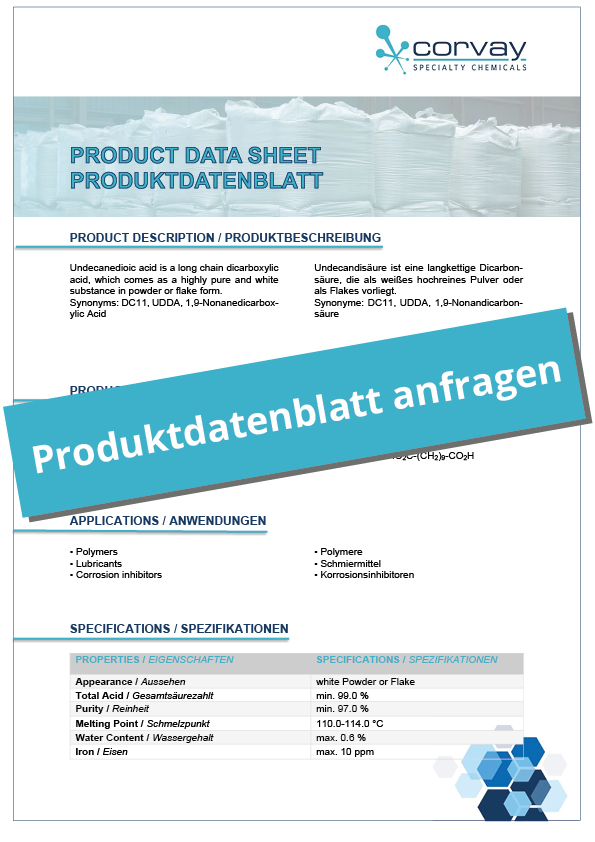
Polylactic acid (PLA) – Resin
PLA
ADVANTAGES AND PROPERTIES OF PLA:
Biodegradable and compostable:
PLA is environmentally friendly as it is obtained from renewable resources such as corn starch, sugar cane or other plant-based materials. It is biodegradable under suitable conditions and breaks down into natural compounds such as carbon dioxide and water. PLA is also compostable, which means it can be broken down in industrial composting plants.
Renewable resource:
PLA is produced by fermentation from renewable raw materials, which reduces dependence on fossil raw materials. This makes PLA an attractive alternative to conventional petroleum-based plastics.
Transparency and shine:
PLA has a similar transparency and gloss to the conventional plastics polyethylene (PE) or polyethylene terephthalate (PET). This property makes PLA suitable for applications that require transparency, such as packaging for food and beverages.
Versatility in processing:
PLA can be processed using conventional plastics processing methods such as injection molding, extrusion, blow molding and thermoforming. It can be produced in various forms, including films, fibers, foams and thermoformed products.
APPLICATIONS:
Packaging:
PLA is widely used in packaging applications, including containers, trays, films and disposable tableware. Due to its transparency, gloss and barrier properties against moisture and oxygen, it is suitable for food packaging.
Textiles and nonwovens:
PLA fibers can be used in textiles, including clothing, upholstery and bedding. Nonwovens made from PLA are used in wet wipes, diapers and medical products.
Biomedical applications:
PLA is used in various biomedical applications, e.g. for surgical sutures, drug delivery systems and templates in tissue engineering. Due to its biocompatibility and biodegradability, it is suitable for temporary implants.
3D printing:
PLA is a popular material for 3D printing because it is easy to process, biodegradable and available in a wide range of colors.
Agricultural films:
PLA films are used in agriculture for mulching, greenhouse covers and soil stabilization. These films degrade naturally, reducing the environmental impact compared to conventional plastic films.
PLA is one of the most important bioplastics on the market and offers a renewable and biodegradable alternative to conventional plastics. Ongoing research and development work is expanding its application possibilities and improving its properties for various industries.
PLA GRADES:
Corvay distributes PLA in various specifications for different applications in order to be able to offer its customers customized solutions:
CHEMICALS ORDINANCE:
STORAGE:
DISCLAIMER
This information and all technical and other advice is based on the current knowledge and experience of Corvay Specialty Chemicals GmbH, Hannover, Germany. Corvay Specialty Chemicals GmbH assumes no liability for this information or advice, including the extent to which this information or advice may relate to intellectual property rights of third parties. Corvay Specialty Chemicals GmbH reserves the right to make changes to the information or advice at any time without prior or subsequent notice. Corvay Specialty Chemicals GmbH disclaims all representations and warranties, express or implied, and assumes no liability for the merchantability of the product or its fitness for any particular purpose, even if Corvay Specialty Chemicals GmbH is aware of such purpose or any other purpose. Corvay Specialty Chemicals GmbH shall not be liable for consequential, indirect or incidental damages, including lost profits of any kind. It is the sole responsibility of the customer to ensure that all products are inspected and tested by qualified experts.

